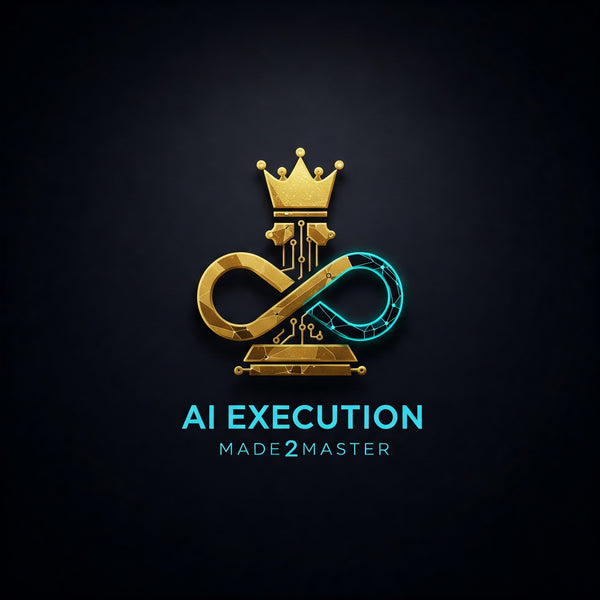Digital Ownership: Why You Don’t Really Own Your Games, Music, or Media
Partager
Digital Ownership: Why You Don’t Really Own Your Games, Music, or Media
From CDs and game cartridges to cloud libraries and digital vaults, ownership has shifted from physical to projected. This essay shows why most digital purchases are illusions — and how Bitcoin reframes what “owning” really means.
- Digital “ownership” is usually licensing, not possession.
- Bitcoin reveals the difference between projection and custody.
- The next decade will decide whether we control our digital assets — or rent them forever.
“When the disc disappeared, ownership became a projection — you own access, not the thing itself.”
Section I — The Illusion of Digital Ownership
When you buy a PlayStation game, Kindle book, or iTunes song, you assume it’s yours. But buried in the terms of service is the truth: you bought a license, not the item. The company can revoke, block, or pull it from your library tomorrow — and you have no recourse.
This model protects corporations, not customers. The marketing says yours; the legal code says ours. Ownership has become a psychological illusion backed by recurring rent streams.
Section II — From CD Inlays to Streaming Accounts
In the CD era, the inlay, lyrics, and cover art mattered as much as the music. You held something. Streaming stripped that away. Now you “own” nothing but access — which can disappear if your subscription lapses or the label pulls rights.
The convenience is real. The sovereignty is not.
Section III — Why Buying Games Twice Still Feels Like Collecting
Many players (including this writer) buy games across platforms. Xbox. PlayStation. Steam. Not because they need to — but because collection itself creates meaning. Digital repetition replaces physical shelves. The sale triggers nostalgia. The library becomes identity.
But again: the account isn’t yours. It’s rented status. Even the largest collection can vanish if access is revoked.
Section IV — Bitcoin and the Digital Keys Analogy
Bitcoin clarifies the difference. If you hold the private keys, the Bitcoin is yours. If it sits on an exchange, it’s paper Bitcoin — someone else holds the asset. Digital media works the same way. Most of us own nothing; we lease a stream of rights.
Section V — The Coming Crisis of Digital Assets
As more wealth moves into digital realms — NFTs, skins, streaming libraries — the question will sharpen: Do we own, or are we renting forever? The legal system isn’t designed for digital sovereignty yet. The risk is clear: we are raising a generation to confuse access with ownership.
Surprise Prompt — Run a Digital Ownership Risk Audit
Copy this into your AI to audit your digital sovereignty:
Act as a digital sovereignty auditor. Run a personal "Digital Ownership Risk Audit."
Steps:
1) Inventory: List all my digital accounts (games, music, video, books, cloud services).
2) Categorize: For each, classify as "true ownership" (custody) vs. "licensed access."
3) Flag: Highlight vulnerabilities (licenses that can be revoked).
4) Score: Give me a risk score 0–100 for my overall digital sovereignty.
5) Output:
a) Risk table with categories.
b) Recommendations to shift from licensed access to sovereignty.
c) Compare my digital accounts to Bitcoin custody as benchmark.Conclusion & Series Navigation
Digital ownership is the next sovereignty battle. Today, we rent illusions. Tomorrow, we must demand custody. Otherwise, every library, playlist, and account is just paper wealth — one policy change away from deletion.
© 2025 Festus Joe Addai — Made2MasterAI™ / StealthSupply™. Quote up to 150 words with attribution and a link.
Original Author: Festus Joe Addai — Founder of Made2MasterAI™ | Original Creator of AI Execution Systems™. This blog is part of the Made2MasterAI™ Execution Stack.



